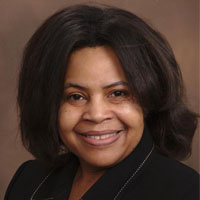Ouachita County, LA White Collar Crime Lawyers
Sponsored Law Firm
-
 x
x

Click For More Info:
-
Babcock Trial Lawyers
10101 Siegen Ln #3-C Baton Rouge, LA 70810» view mapCriminal Defense We Want Your Injury Claim PAID NOW!
At Babcock Trial Lawyers, we work for our clients, maintaining our reputation of excellence as criminal defense & personal injury lawyers in Baton Rouge.
225-500-5000
Not enough matches for Ouachita White Collar Crime lawyer.
Below are all Ouachita lawyers.
Kevin D. Alexander
✓ VERIFIEDFrom a young age, Attorney Alexander knew he wanted to be a lawyer. He is passionate about standing up for those who are unable to stand up for themse... (more)
Gregory George Elias
✓ VERIFIEDGreg Elias loves to try cases. He is also highly regarded among Monroe divorce law attorneys as being a skillful Monroe divorce lawyer. You can depend... (more)
Mary Alice Bryant
✓ VERIFIEDMary Bryant is a practicing lawyer in the state of Louisiana.
 Stephen Babcock Baton Rouge, LA
Stephen Babcock Baton Rouge, LA Practice AreasExpertise
Practice AreasExpertise




